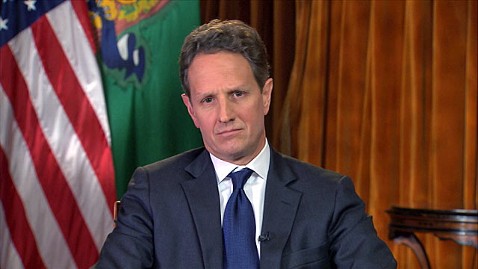Kate Middleton is pregnant.
The most eagerly awaited pregnancy was announced today by St. James Palace on behalf of Middleton and her husband Prince William.
The child, whether boy or girl, will eventually be heir to the British throne according to new legislation awaiting final approval.
The duchess was admitted to King Edward VII Hospital today in central London with hyperemesis gravidarum, an acute morning sickness which requires supplementary hydration and nutrients, the palace said.
Prince William is by his wife's side at the hospital, according to Britain's Press Association.
Click here for photos of Kate through the years.
"As the pregnancy is in its very early stages, Her Royal Highness is expected to stay in hospital for several days and will require a period of rest thereafter," the statement said.
The royal family was clearly delighted with the news.
"Their Royal Highnesses The Duke and Duchess of Cambridge are very pleased to announce that The Duchess of Cambridge is expecting a baby," the palace said in a statement today. "The Queen, The Duke of Edinburgh, The Prince of Wales, The Duchess of Cornwall and Prince Harry and members of both families are delighted with the news."
British Prime Minister David Cameron also reacted to the big news, telling BBC, "It's absolutely wonderful news and I'm sure everyone around the country will be celebrating with them tonight."
The prime minister told BBC that he found out when "I was handed a note in a meeting. And I have to say, it was difficult to keep it a secret."
The baby will be the queen's third great-grandchild.
Jonathan Nackstrand/AFP/Getty Images
Kate Middleton Pregnant, Admitted to Hospital Watch Video
Click here to vote for a royal name for a royal baby.
Robert Lacey, author of the definitive book "Majesty" said, "The British public and indeed the whole world will be delighted for the same, it keeps the monarchy going. The royal wedding brought a magic back to the monarchy and people are fascinated by William and Catherine."
The announcement follows relentless public and media speculation about when Prince William and his wife would have an heir. The guessing game began almost immediately after the couple said, "I do."
Click here for an interactive look at William and Kate's love story.
Tabloids began snapping close-ups of Middleton's stomach for any indication of a baby bump. Baby rumors abounded when the duchess held a baby at a press event and when she declined peanut butter at another event. British physicians are known to warn women against eating peanuts during pregnancy. When the couple got a dog, Lupo, headlines wondered if they were practicing for another addition to the family.
Click here for more on royal heirs around the world.
The palace, which rarely comments on speculation, took the unusual step of saying, "We would be the ones to make the announcement, not Hollywood."
"It is quite strange reading about it, but I try not to let it bother me," Prince William said in an interview with ABC News' Katie Couric in May 2012. "I'm just very keen to have a family and both Catherine and I are looking forward to having a family in the future."
Asked by Couric if there was anything else he wanted to share, he coyly answered, "You won't get anything out of me. Tight lipped."
Due to a dramatic change in the rules of succession, the royal couple's first-born will likely be the heir to the throne, regardless of the baby's gender.
Last year, the heads of 16 Commonwealth countries agreed to a change in the rules of succession so that first-born children of either gender can take the throne. Queen Elizabeth II was only eligible to be monarch because her father had no male children. The British Parliament must still amend existing law to make the succession change official.
"Put simply, if the Duke and Duchess of Cambridge were to have a little girl, that girl would one day be our queen," British Prime Minister David Cameron told reporters in 2011.
Royal babies have typically been born within one year of marriage. Princess Diana gave birth to William just 11 months after her wedding and the queen gave birth to Prince Charles six days before her first wedding anniversary.
Prince William and Kate were married on April 29, 2011.
William, who has long been known for making privacy a priority, will now be faced with the inevitable fascination with his first child. And the scrutiny will doubtless be familiar to him.










